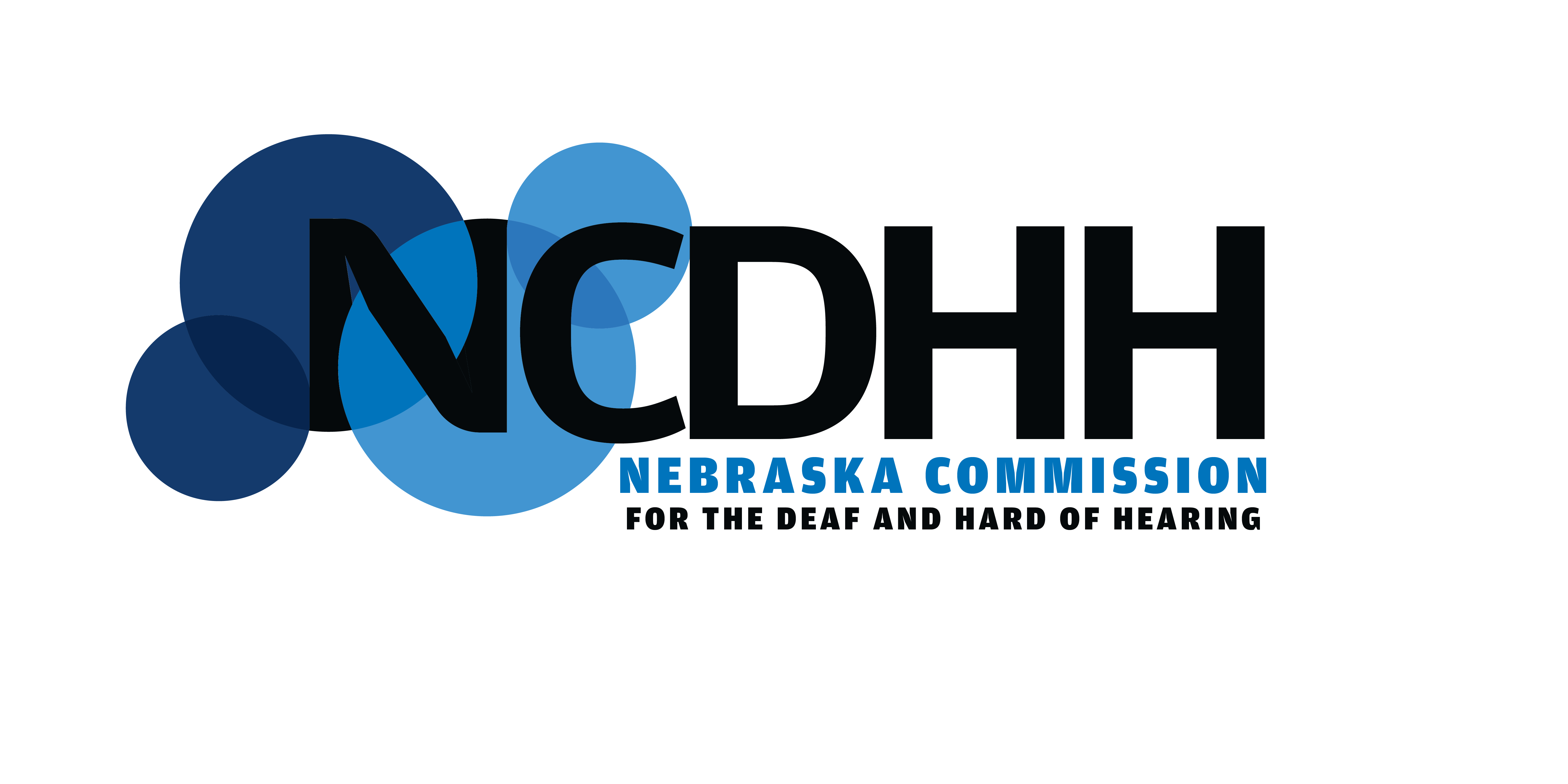The Commission Provides Behavioral Health Service Coordination by:
- Meeting the communication needs of the people who are deaf or hard of hearing, which includes interpreting and auxiliary aids
- Educating and training mental health, alcoholism and drug abuse professionals
- Placing assistive listening devices in mental health, alcoholism and drug abuse facilities
Behavioral health services for people who are Deaf lag behind those for the hearing population in both availability and quality. Researchers have estimated that between 2 and 15 percent of those Deaf persons in need of mental health services can obtain them. An estimated 40,000 Deaf Americans experience serious psychopathology, but only a tiny percentage of them are receiving appropriate services and treatment in either community or inpatient settings. Some in the field estimate that the quality and quantity of mental health services for people who are Deaf lag as much as 10 to 30 years behind services for people who are hearing.
Deafness often presents a barrier to communication for mental health workers unfamiliar with the Deaf culture and community, and they may find it difficult to adequately address the person’s mental illness. Effective mental health services need to focus on mental health, not on deafness. Mental health providers need to understand a person’s hearing loss to the degree that it becomes invisible to the treatment process.
Along with the lack of services a challenge exists in the area of communication. Many public mental health systems and providers cannot communicate in American Sign Language (ASL) and have little or no training and experience in working with consumers who are Deaf. That lack of communication and experience makes actually addressing the individual’s mental illness very difficult.
In the State of Nebraska, there are only eight known mental health providers, fluent in ASL. Because of the shortage of trained ASL providers, the role of interpreters becomes an important element in service delivery. Although interpreters can provide an all-important communication bridge between consumers and clinicians, it is not the most effective means of communication. Therefore, it is critical when interpreters are used clinicians know how to use the interpreter appropriately.
Services provided to Deaf consumers needs to recognize and embrace the strong connection to the Deaf community. The Deaf community is close-knit and, therefore, many members of the community prefer to live near each other and this support is a necessary part of mental health recovery.
The Behavioral Health Coordinator monitors and advises mental health, alcoholism and drug abuse professionals on how to best serve people who are Deaf or Hard of Hearing.
For more information regarding behavioral health services in Nebraska, please contact Behavioral Health Coordinator, Sakura Yodogawa-Campbell at Voice: 402-613-3869, Video Phone: 402-682-7129 or sakura.yodogawa@nebraska.gov.
"As a resource on mental health for deaf and hard of hearing citizens of Nebraska, the mission of the NCDHH Mental Health Services is to assist providers, consumers and the general public in promoting accessible mental health and alcohol/drug services for deaf and hard of hearing citizens in Nebraska." - NCDHH Mental Health Mission Statement
In 1995, Gov. Ben Nelson signed LB 25, which created the NCDHH mental health specialist position and granted the Commission the ability to engage in mental health coordination services. The Commission is not involved in delivering traditional mental health or substance services, but it assists persons in accessing these programs.
The following is a list of local and national service providers that are "Deaf and Hard of Hearing Friendly"

